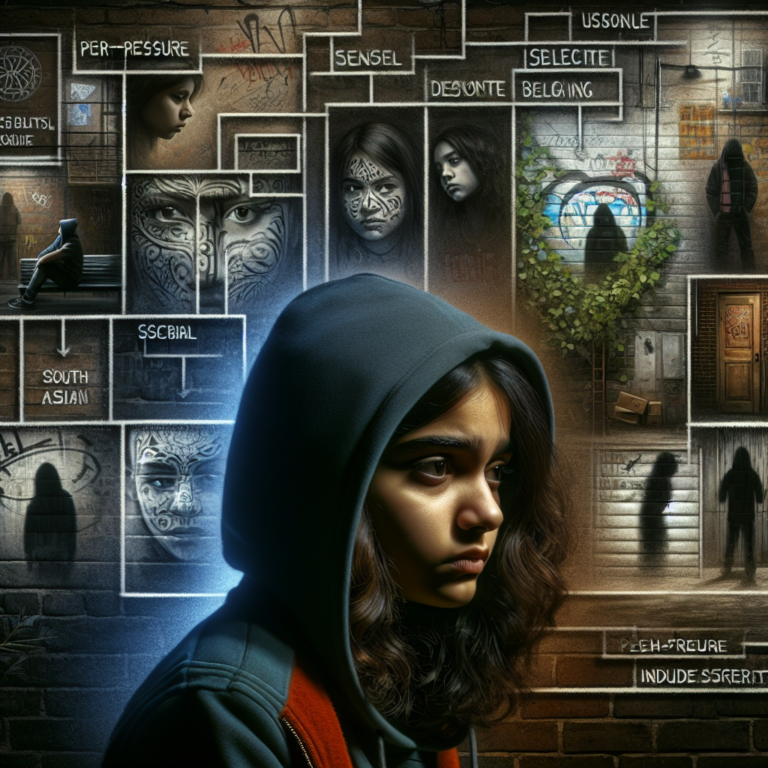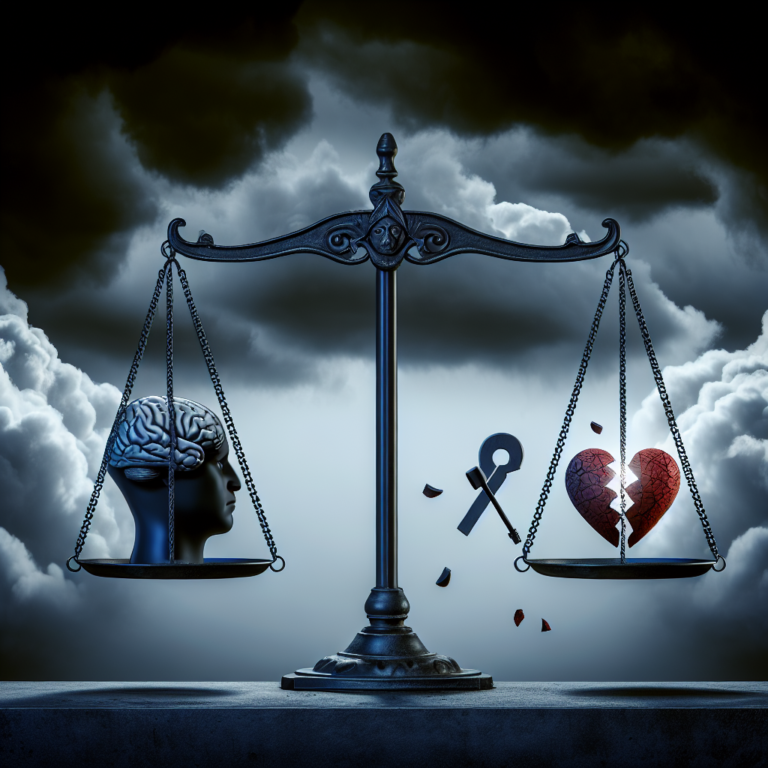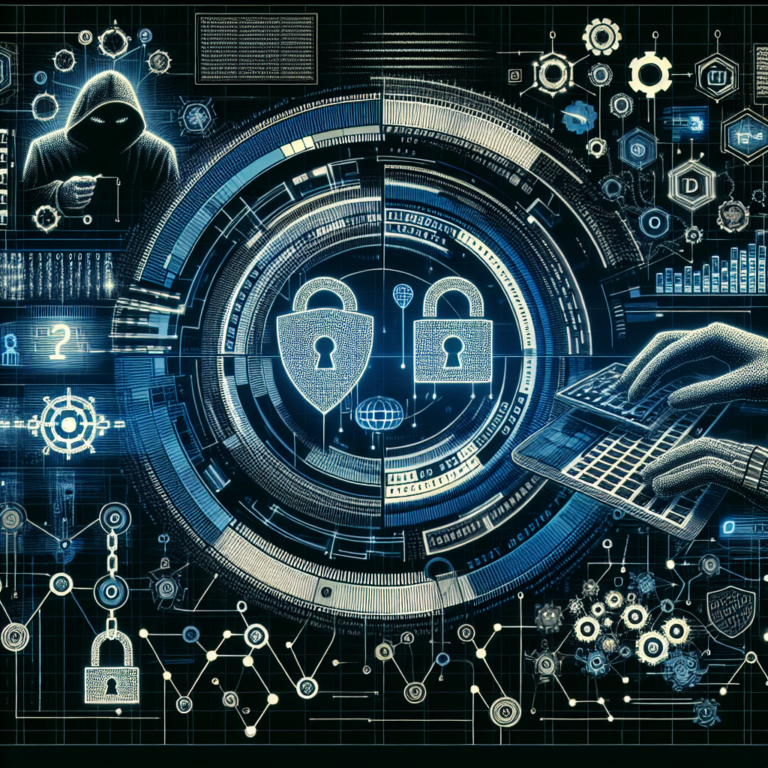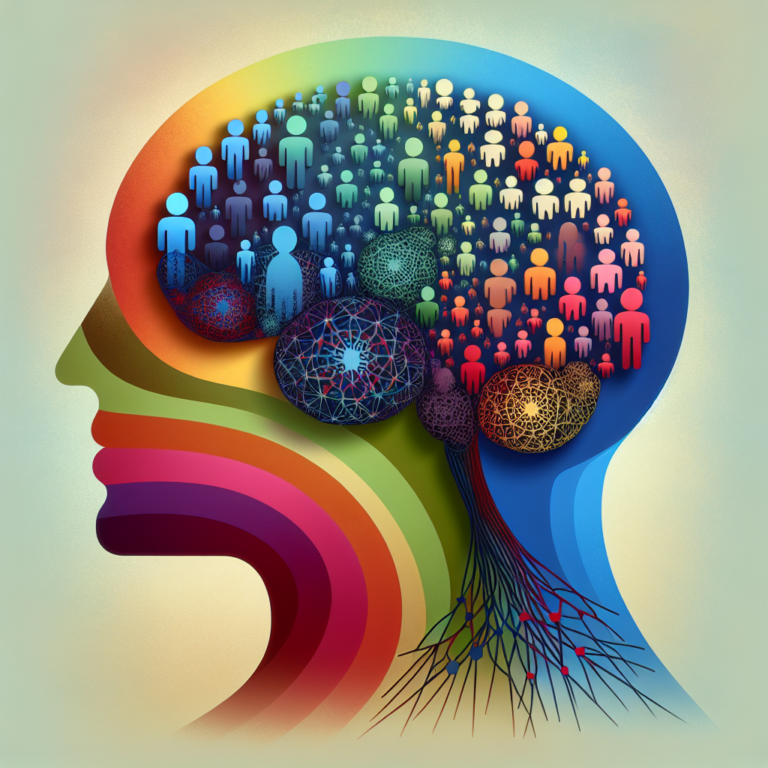
Introduction
Imagine standing in a courtroom, hearing a witness vividly recount a traumatic event—a robbery, a assault, a life-changing accident. Eyewitness accounts often provide pivotal testimony that can tip the scales of justice. Yet, as compelling as these stories are, they also come with a catch. Human memory is fallible, subject to distortion, misinterpretation, and even manipulation. Memories in the Spotlight: How Eyewitness Accounts Shape Legal Outcomes explores the intricate relationship between memory and justice, shedding light on how eyewitness testimony can impact verdicts and the broader implications for our legal systems.
The Role of Eyewitness Testimony
Eyewitness testimony has long been hailed as one of the most influential elements in legal proceedings. Many jurors place considerable trust in witnesses as they recount firsthand experiences. This section delves into the psychology of memory and how it influences the credibility of eyewitness accounts.
The Power of Memory
Memory, while a powerful human faculty, is not infallible. Research shows that memories can be influenced by various factors, including:
Stress: High-stress situations can hinder memory accuracy. A person may remember the emotional weight of an event but struggle with specific details.
Leading Questions: The way questions are posed can significantly alter a witness’s recollection. For example, asking, "What color was the car?" might lead witnesses to educe a color they believe fits, rather than what they accurately saw.
- Time: The passage of time can introduce decay in memory accuracy. Details that seemed vivid shortly after an event may become hazy or confused over time.
This groundwork establishes why we need to scrutinize eyewitness accounts critically.
Case Study: The McMartin Preschool Trial
The infamous McMartin Preschool trial in the 1980s serves as a potent example of how eyewitness memory can shape legal outcomes. Accusations of sexual abuse against children were largely built on testimonies from young children who were subjected to suggestive questioning by investigators.
Analysis: This case illustrated the dangers of relying on eyewitness accounts, especially when those accounts are formed under pressure or leading influence. Ultimately, the defendants were acquitted, but the trial left a chilling legacy on how memory can shape both public perception and the judicial process.
The Science Behind Eyewitness Accounts
Eyewitness Memory: A Double-Edged Sword
While eyewitness accounts can be crucial in establishing facts, they are also riddled with potential uncertainties. A study published in the Journal of Experimental Psychology highlights that almost 75% of wrongful convictions in the United States involved faulty eyewitness testimony.
Factors Influencing Accuracy
1. Perception and Attention
Perception is critical; if witnesses are not properly focused on the event they are observing, their recall may be compromised. Distracting factors such as noise, lighting, or even the actions of bystanders can cloud judgment.
2. Memory Reconsolidation
Every time we retrieve a memory, it is susceptible to change. This phenomenon, called memory reconsolidation, means that each time a memory is recalled, it can be altered by current beliefs or information.
| Factor | Influence on Memory |
|---|---|
| Stress | Can diminish accuracy |
| Time | Leads to decay of detail |
| Suggestions | Alters perception of events |
Judicial Implications
The Impact on Trials
The ramifications of flawed eyewitness testimony can be staggering. Misidentifications can lead to wrongful convictions, eroding public trust in the legal system.
Case Study: The Central Park Five
Perhaps one of the most emotionally charged examples is the case of the Central Park Five, where five teenagers were wrongfully convicted of assault and rape based primarily on eyewitness misidentifications. Their stories were rife with forced confessions and testimonies that turned out to be inconsistent.
Analysis: This case serves as a critical example of the consequences of placing undue weight on eyewitness accounts, prompting calls for reform in how witness testimonies are collected and considered.
Strategies for Improvement
Enhancing Eyewitness Testimony
Improved Interview Techniques: Implementing cognitive interview techniques that focus on helping witnesses recall information in a non-suggestive manner can improve accuracy.
Lineup Procedures: Ensuring that lineups are conducted in a fair manner can mitigate the chances of misidentification.
- Jury Education: Educating jurors about the potential unreliability of eyewitness accounts could encourage cautious interpretation of such testimonies.
The Future of Eyewitness Testimony
Given the implications for justice, it’s vital that we consider the future of eyewitness testimony. The evolution of technology, like video recordings and AI analysis, could significantly enhance the reliability of witness accounts, sparking an essential conversation about best practices.
Conclusion
Memories in the Spotlight: How Eyewitness Accounts Shape Legal Outcomes serves as a reminder that while eyewitness testimony can be instrumental in the pursuit of justice, it is crucial to approach such accounts with a critical eye. The complexities of human memory necessitate caution and informed methodologies in legal proceedings. As we stand in the arena of justice, let us be guided by empirical evidence and a robust understanding of memory.
FAQs
1. Why are eyewitness accounts often considered unreliable?
Eyewitness accounts can be influenced by stress, the wording of questions, and the passage of time, all of which can distort memory.
2. How can we ensure better accuracy in eyewitness testimony?
Using improved interview techniques and fair lineup procedures can enhance the reliability of eyewitness accounts.
3. What role does stress play in memory accuracy?
High-stress situations can impair a person’s ability to accurately recall details.
4. Have wrongful convictions due to eyewitness misidentification been common?
Yes, studies indicate that a significant percentage of wrongful convictions in the U.S. involve faulty eyewitness testimony.
5. How can jurors be better educated about eyewitness reliability?
Institutional training that informs jurors about memory psychology and legal standards can help them evaluate eyewitness testimony more critically.
By understanding the frailties and complexities of memory, we lay a foundation for a more just legal system, one that prioritizes truth over the allure of a compelling story.















